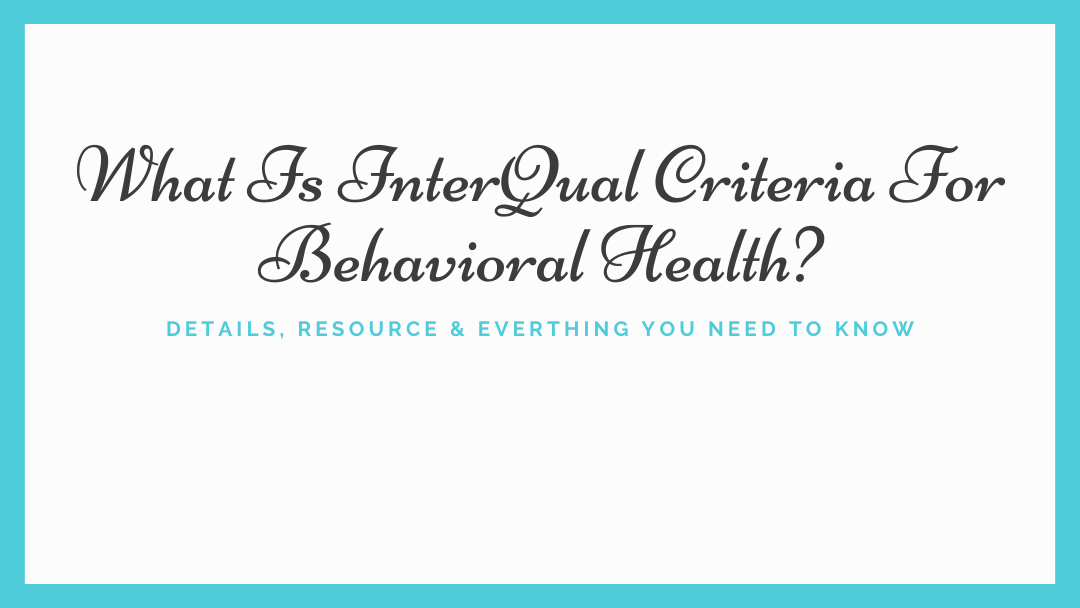Search engine placement is a way to show the online presence of any business you do. But simply having a website isn’t enough. To truly succeed, your site must be visible where it matters most on search engines like Google. Furthermore, this is where search engine placement becomes critical. In this guide, we will walk you through the basics of search engine placement. How it works, and why it’s important for your SEO strategy.
see also detailed search engine positioning SEO article
What Is Search Engine Placement?
Search engine placement refers to the ranking position of your website on search engine results pages (SERPs). And that is for specific keywords or queries. When a user types a keyword into Google or Bing. The search engine generates a list of pages. Then the placement of your site on this list can make or break your traffic.
Getting to the top of the SERP is often the goal of any SEO effort. This is because sites that rank higher are far more likely to get clicks. Studies have shown that the first position in Google search results receives about 33% of all clicks. While the second and third positions get significantly fewer.
Why Is Search Engine Placement Important?
Why focus on search engine placement? Here’s the thing: most people don’t scroll past the first page of search results. If your site isn’t on the first page, then your chances of being found by potential customers are slim. This is where placement SEO comes into action. Placement SEO involves optimizing your website to rank in the top positions of SERPs. Making it more visible to users searching for relevant terms.
Here are a few key reasons why improving your search engine placement is crucial:
- Increased Visibility: Being in the top positions ensures that more people see your website. Higher visibility leads to more traffic will result in more conversions also.
- Credibility: Users trust websites that are at the top of the results. They believe that if Google ranks your site highly, it must be credible and authoritative.
- Competitive Advantage: Good search engine placement can give you a competitive edge. By outperforming competitors in rankings, you are more likely to capture potential customers.
How Does Search Engine Placement Work?

To understand search engine placement, you need to know a bit about how search engines work. Google and other search engines use crawlers (also known as spiders) to scan web pages across the internet. These crawlers index the content they find and organize it. Which is based on relevance to specific search algorithms but content only.
Once the content is indexed, search engines use complex algorithms to determine where to rank each page for different search terms. Factors that affect SEO placement include:
- Content Quality: Search engines like high-quality, instructive, and authentic content. The more valuable your content is, the higher your chances of ranking.
- Keyword Optimization: Incorporating relevant keywords like “search engine placement,” “placement SEO,” and “SEO positioning” into your content can boost rankings. However, overloading your pages with keywords (keyword stuffing) can lead to penalties.
- Backlinks: Search engines use backlinks (links from other websites to your site) as a signal of credibility and authority. Furthermore, the more high-quality backlinks you have, the better your placement.
- Mobile-Friendliness: With the rise in mobile usage, Google now uses mobile-first indexing. If your website isn’t mobile-friendly, it could hurt your rankings.
- Page Load Speed: Fast-loading websites rank higher because search engines prioritize good user experience.
- User Engagement: Metrics like time spent on the page, bounce rate, and click-through rate can signal to search engines how valuable your page is to users.
Key Strategies to Improve Search Engine Placement
To achieve a top position on Google’s SERPs, you’ll need to develop a solid SEO strategy. Below are some proven tactics to help you boost your Google search placement:
1. Conduct Keyword Research
Before you optimize your site, you need to know what keywords to target. Use tools like Google Keyword Planner or Ahrefs to identify relevant search terms for your niche. Focus on both seed keywords like “search engine placement” and long-tail keywords (more specific phrases). Long-tail keywords usually have more inferior competition, making it more effortless to rank.
2. Optimize On-Page SEO
On-page SEO interests optimizing particular posts on your website to rank higher. Here’s how you can do this:
- Title Tags: Include the main keyword in your title tag but make it natural and engaging.
- Meta Descriptions: Write concise meta descriptions that include keywords and give users a reason to click.
- Headers (H1, H2, H3): Also use headers to break up content and include relevant keywords in these headings.
- Keyword Placement: Ensure that your primary keyword appears naturally in the first 100 words. Then in headings, and also throughout the content.
Remember to prioritize readability. Content that’s written for humans, not just search engines, tends to perform better.
3. Build High-Quality Backlinks
Backlinks are one of the most important ranking factors in SEO placement. Here are a few methods to produce them:
- Guest Posting: Write articles for other reputable sites in your niche and also include links back to your site.
- Broken Link Building: Find broken links on websites in your niche and offer your content as a replacement.
- Content Outreach: Create shareable content like infographics, case studies, and industry reports. Reach out to influencers and journalists who may find your content useful.
4. Improve Website Speed
A fast website leads to a better user experience and is rewarded with higher search engine positioning. Compress images, and enable browser caching. Also, minimize your site’s code to ensure quick load times.
5. Optimize for Mobile
As mentioned earlier, mobile-friendliness is now a crucial ranking factor. Use responsive design to ensure your website looks great on all devices. You can also test how mobile-friendly your site is with tools like Google’s Mobile-Friendly Test.
6. Focus on Local SEO (if relevant)
If you have a local business, improving your search engine placement for local searches is crucial. Claim your Google My Business listing, facilitate customer reviews, and confirm your NAP (Name, Address, Phone number). These details are consistent across the web.
Common Mistakes in Search Engine Placement SEO
While focusing on improving your search engine positioning SEO, it’s essential to avoid some common mistakes that can hinder your progress:
- Keyword Stuffing: Overloading your content with keywords can lead to penalties. Instead, focus on the natural integration of keywords.
- Ignoring User Experience: A poorly designed or slow website will hurt your rankings, however, no matter how well you optimize for keywords.
- Duplicate Content: Having the same content on multiple pages of your site can confuse search engines and negatively affect rankings.
- Neglecting Backlinks: A lack of high-quality backlinks can stunt your SEO growth. Aim to create shareable content and earn organic links.
The Future of Search Engine Positioning SEO
As search engines evolve, so do the strategies for achieving top rankings. In the future, we can expect more emphasis on user experience and voice search optimization. Furthermore, with the rise of voice-activated devices like Alexa and Siri, focusing on conversational SEO will become essential for maintaining good search engine placement.
Furthermore, AI and machine learning are likely to play a more significant role in how search engines rank pages. Search engines may become even better at understanding the context of queries, making it crucial to create content that genuinely answers user intent.
Conclusion
Furthermore, achieving and maintaining strong search engine placement is essential. for growing your online presence. By focusing on placement SEO strategies like keyword optimization, quality content, mobile-friendliness, and backlinks. Then you can boost your chances of ranking high on SERPs. Remember, SEO is not a one-time task. But, it’s an ongoing process that requires consistent effort and adaptation to ever-changing algorithms.
With the right approach, you can improve your Google search placement. And also can enjoy increased traffic, more leads, and ultimately, greater business success.
Citations & References
- Also look at Fishkin, R. (2023). The Beginner’s Guide to SEO. Moz. Retrieved from Moz
- Also, check Google. (2023). Search Engine Optimization (SEO) Starter Guide. Google Search Central. Retrieved from Google Search Central
- you will love also with The Importance of Search Engine Placement in Digital Marketing. HubSpot. Retrieved from HubSpot






Leave a Reply